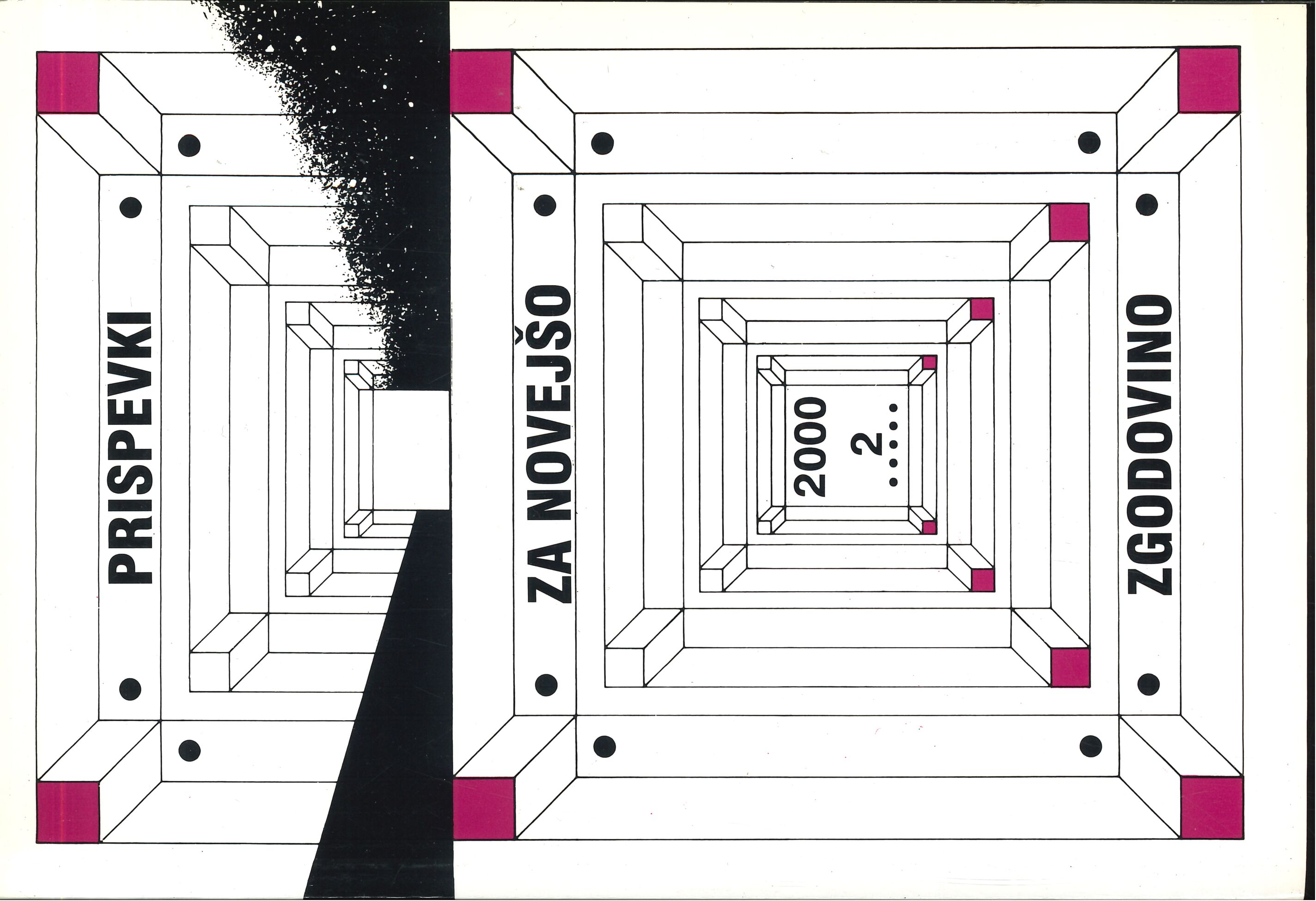The Place of the Second World War in the Internal Evolution of Post War Slovenia and Yugoslavia
Keywords:
Second World War, Slovenia, Yugoslavia, consequences, polemics, reassessmentAbstract
In the paper, the author deals with a change of attitudes towards the Second World War, emerged in Yugoslavia after the death of Josip Broz-Tito in 1980. The 1980 marked by stormy polemics over the recent history and especially the Second World War. These polemics grew progressively nationalistic until, in the late 1980s, all institutional and personal contacts between Yugoslav historians were broken. In Slovenia, the polemics have mainly focused on the role of the Communist Party, collaboration during the National Liberation War, seizure of power after the War, execution of members of the Home Guard (Domobranci) and retaliation against political adversaries. The author concludes that - in the context of the momentous changes in Europe after 1990, the disintegration of Yugoslavia, and the independence and democratization of Slovenian society - a reassessment of the Second World War has been inevitable but despite that, the majority of Slovenes continue to view positively the Fascist and resistance movement of that war.
Downloads
Published
Issue
Section
License
Authors who publish with this journal agree to the following terms:
- Authors retain copyright and grant the journal right of first publication with the work simultaneously licensed under a Creative Commons Attribution License that allows others to share the work with an acknowledgement of the work's authorship and initial publication in this journal.
- Authors are able to enter into separate, additional contractual arrangements for the non-exclusive distribution of the journal's published version of the work (e.g., post it to an institutional repository or publish it in a book), with an acknowledgement of its initial publication in this journal.
- Authors are permitted and encouraged to post their work online (e.g., in institutional repositories or on their website) prior to and during the submission process, as it can lead to productive exchanges, as well as earlier and greater citation of published work (See The Effect of Open Access).


